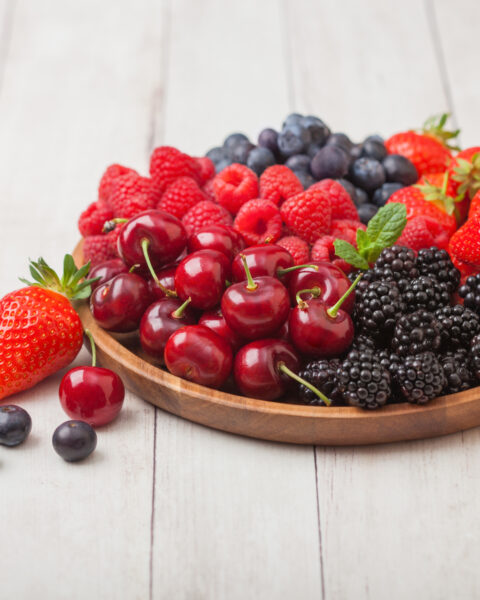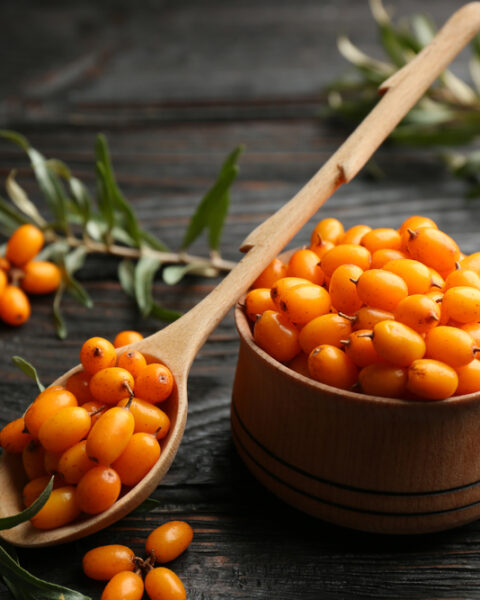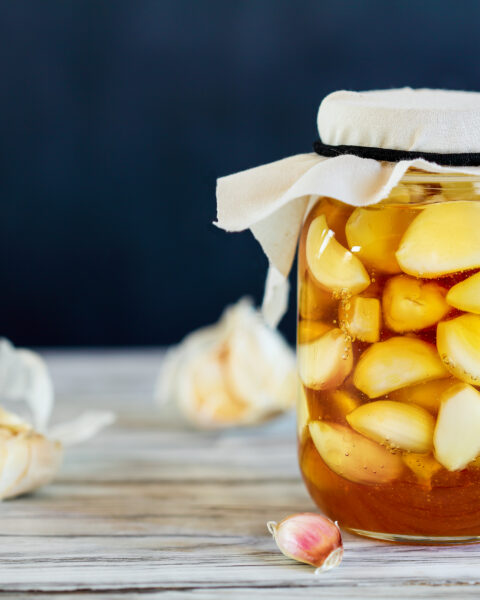Organic foods often come with a reputation for being healthier, more natural, and better for the environment—but are these assumptions always true? With so much conflicting information out there, it’s easy to get lost in the myths and misconceptions surrounding organic products. Here are some of the most common misconceptions to clear up about organic foods, separating fact from fiction so you can make more informed choices the next time you’re at the grocery store.
Contents
- 1 Organic Foods Are Always Healthier
- 2 Organic Farming Doesn’t Use Pesticides
- 3 Organic Foods Are Completely Free of GMOs
- 4 Organic Farming Is Better for the Environment
- 5 Organic Foods Have a Longer Shelf Life
- 6 Organic Label Guarantees Ethical Practices
- 7 Organic Foods Are Always More Expensive
- 8 Organic Foods Taste Better
- 9 Organic Foods Are Chemical-Free
- 10 Organic Farming Is Less Efficient
- 11 Organic Certification Is Always Trustworthy
- 12 All Organic Foods Are Locally Produced
- 13 Organic Foods Are Hypoallergenic
- 14 More From RetailShout
- 15 14 Best Fashion Finds at Sam’s Club for Great Prices
- 16 16 Culinary Mishaps That Accidentally Led to Famous Recipes
Organic Foods Are Always Healthier
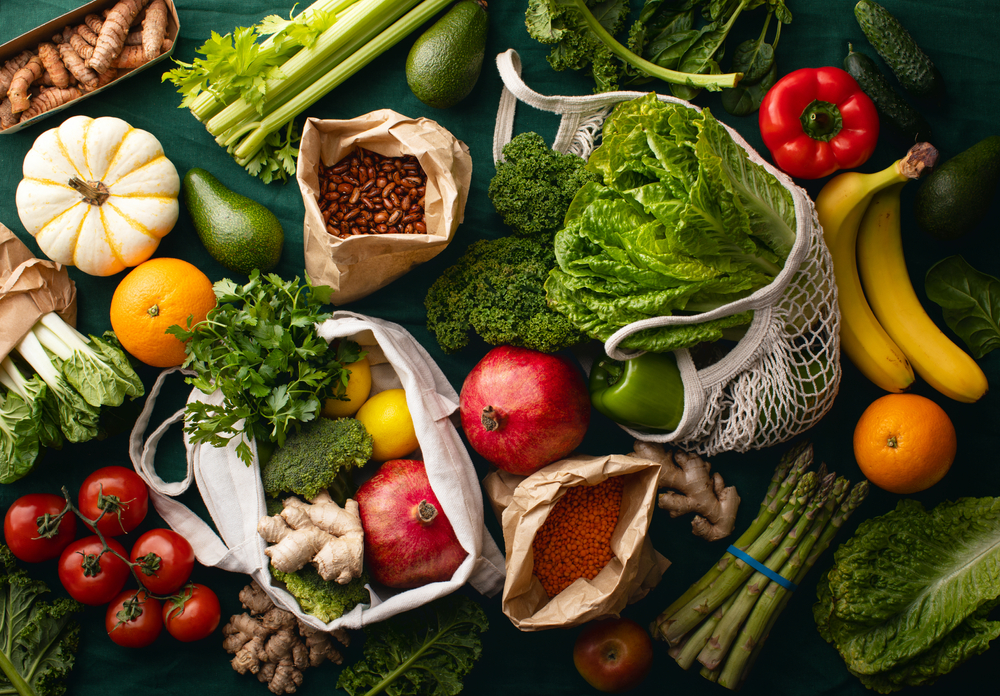
Many people believe that organic foods are inherently healthier than their non-organic counterparts. However, while organic foods may have fewer pesticide residues, this doesn’t necessarily mean they are more nutritious. The nutrient content of food is influenced by a variety of factors including soil quality, farming practices, and crop variety, which are not exclusive to organic farming. Moreover, organic products can still be high in sugars, fats, and salts, just like conventional processed foods. It’s important to evaluate food choices based on overall diet and nutritional content rather than just the label.
Organic Farming Doesn’t Use Pesticides
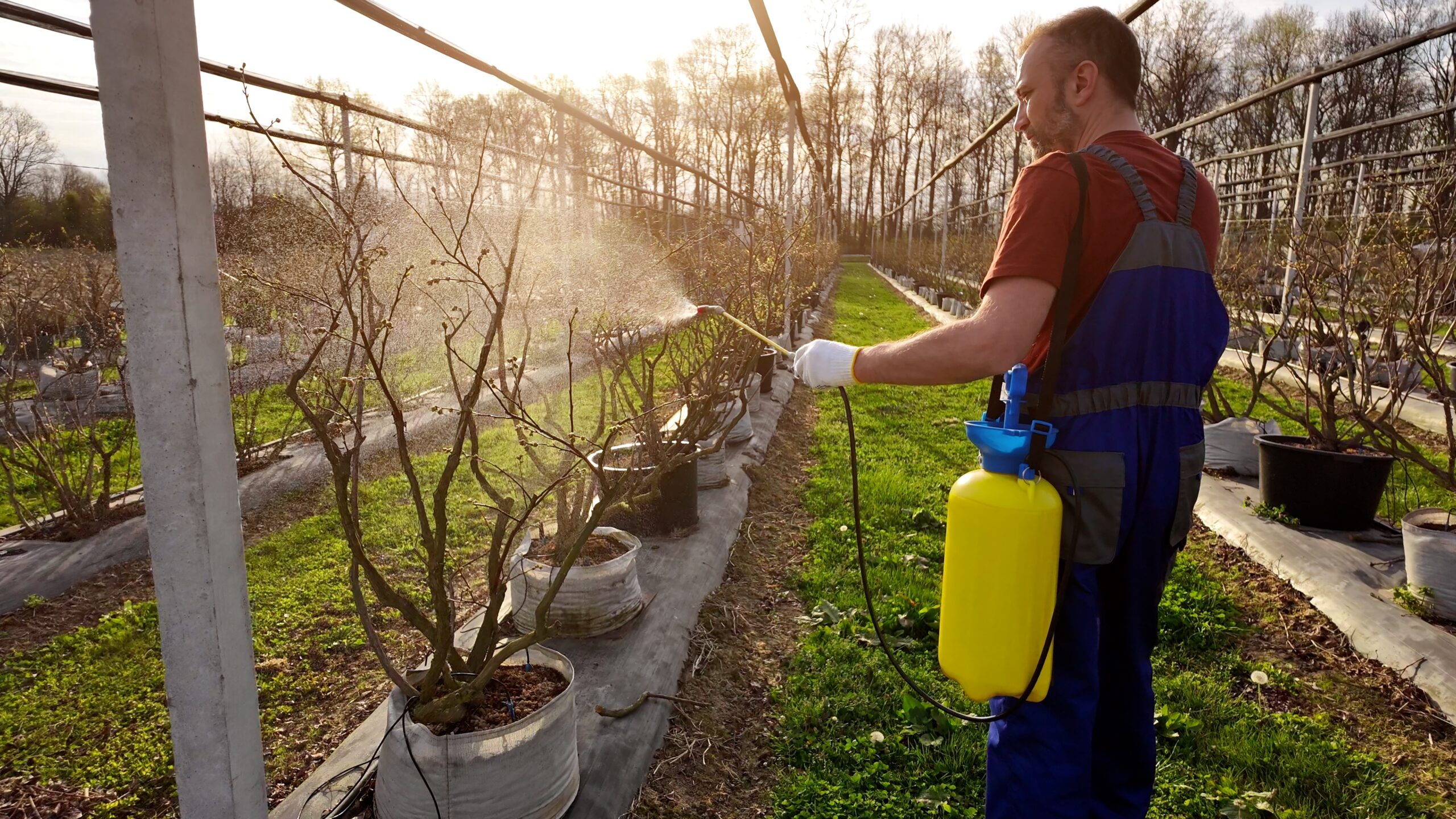
A common misconception is that organic farming completely avoids the use of pesticides. In reality, organic farming does use pesticides, but they are derived from natural sources rather than synthetic chemicals. These natural pesticides are not necessarily safer or less toxic than their synthetic counterparts, and their effectiveness can vary. It’s also important to note that organic farming has stricter regulations on pesticide usage, and these substances must be approved by certifying bodies. Therefore, while organic foods may have lower pesticide levels, it’s not accurate to say they are pesticide-free.
Organic Foods Are Completely Free of GMOs
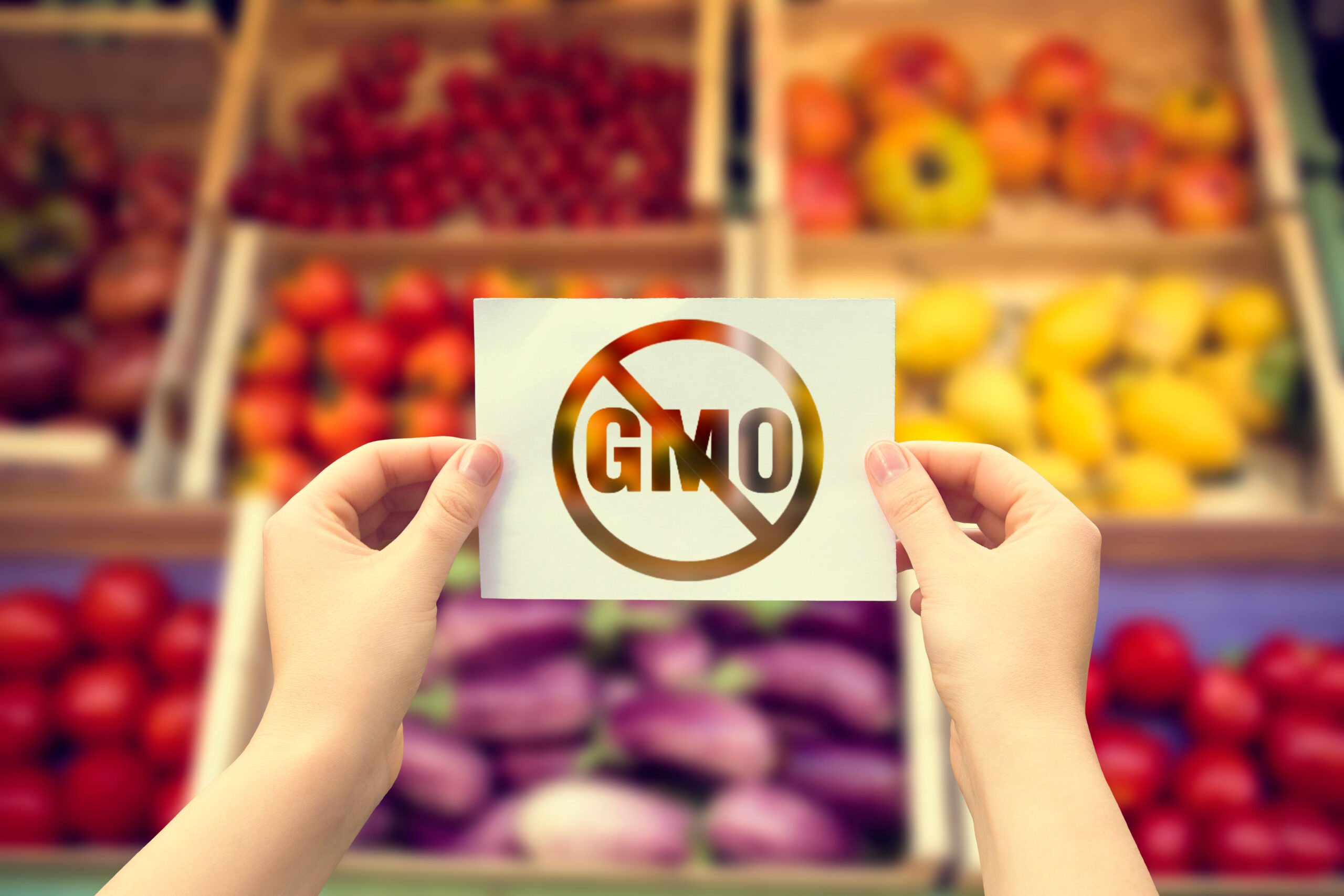
Many consumers choose organic foods because they believe they are free of genetically modified organisms (GMOs). While organic standards prohibit the use of GMOs, this doesn’t mean organic foods are entirely free from them. Cross-contamination can occur through factors like seed drift, shared equipment, or neighboring farms using GMO crops. As a result, small traces of GMOs can sometimes be found in organic foods, though they remain within the strict limits set by organic certification standards. Therefore, while organic foods are less likely to contain GMOs, they are not completely immune to contamination.
Organic Farming Is Better for the Environment
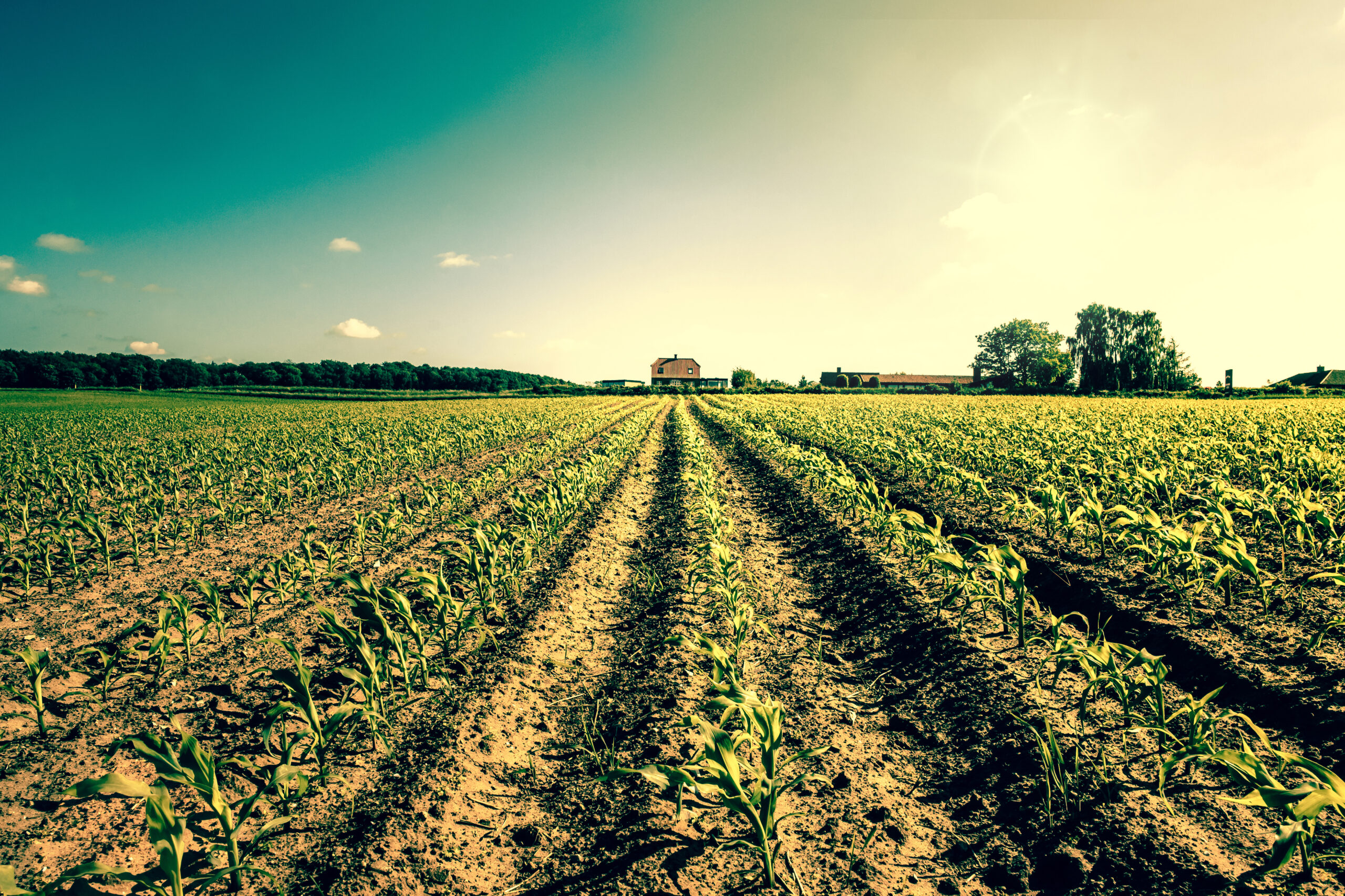
It’s widely believed that organic farming is universally better for the environment compared to conventional farming. While organic farming often uses fewer synthetic inputs and promotes soil health, it isn’t always the most sustainable option. Organic farming usually requires more land to produce the same yield as conventional farming, which can lead to deforestation and habitat loss. Additionally, the natural pesticides used in organic farming can sometimes be less effective, requiring more frequent application, which can impact local ecosystems. Therefore, the environmental benefits of organic farming are complex and vary depending on the specific practices used.
Organic Foods Have a Longer Shelf Life

Some people think that organic foods last longer than conventional foods because they believe them to be purer. However, organic foods often have a shorter shelf life because they don’t contain preservatives, which help extend the freshness of conventional foods. The lack of preservatives means organic products are more prone to spoilage, especially when it comes to perishable items like fruits, vegetables, and dairy products. Proper storage is essential to maximize the shelf life of organic foods, but even then, they may not last as long as their conventional counterparts. This can lead to more food waste if not consumed promptly.
Organic Label Guarantees Ethical Practices
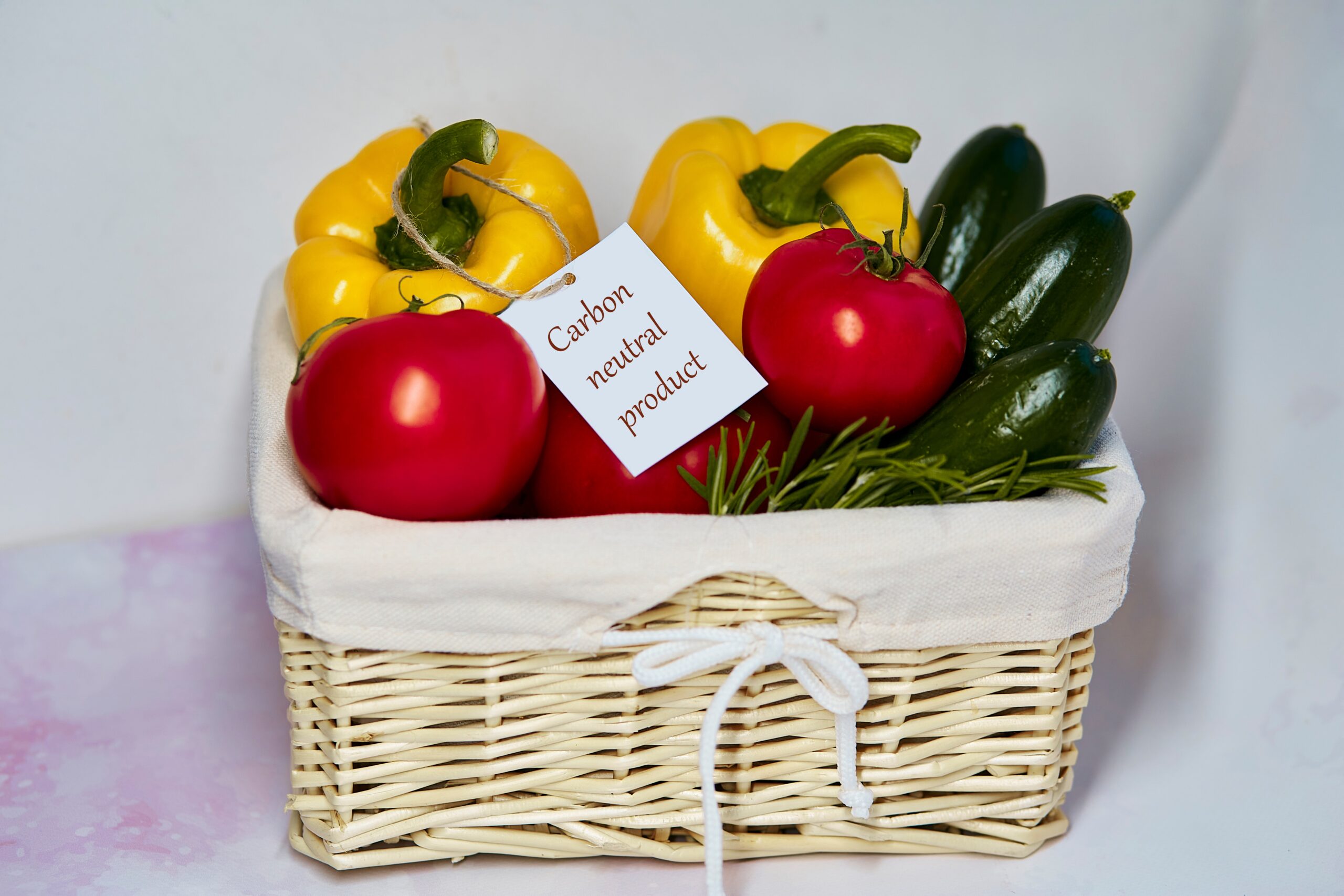
Another misconception is that the organic label guarantees that the food was produced under ethical practices. While organic certification does include some standards for animal welfare and environmental sustainability, it doesn’t cover all aspects of ethical farming. For example, organic certification doesn’t necessarily ensure fair labor practices or humane treatment of workers. Additionally, large-scale organic farms may still engage in practices that are environmentally damaging, such as excessive water use or land degradation. Therefore, consumers looking for ethically produced food should consider additional certifications and labels beyond just organic.
Organic Foods Are Always More Expensive

While it’s true that organic foods often cost more, the assumption that they are always more expensive is not accurate. The price difference between organic and conventional foods can vary significantly depending on the product and location. In some cases, the price gap has narrowed as organic farming becomes more widespread and efficient. Additionally, buying organic foods in bulk, choosing seasonal produce, or shopping at farmers’ markets can sometimes be more cost-effective. Consumers should explore different options and compare prices to make informed decisions about their food purchases.
Organic Foods Taste Better

Many people believe that organic foods taste better than conventional ones due to their natural growing methods. However, taste is subjective and can be influenced by many factors, including freshness, variety, and preparation methods. The flavor of fruits and vegetables, for instance, is often more dependent on ripeness and how they are stored rather than whether they are organic. While some people may prefer the taste of organic foods, others might not notice any difference. Therefore, it’s not universally true that organic foods taste better; it largely depends on personal preference and other variables.
Organic Foods Are Chemical-Free
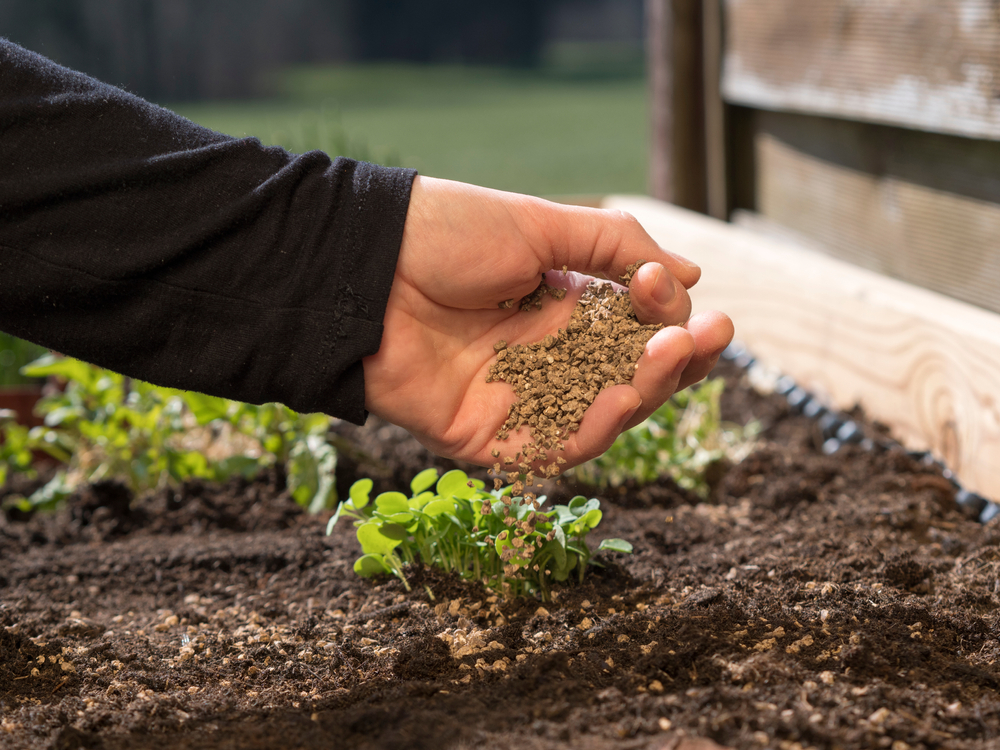
The term “organic” often leads people to believe that organic foods are free of chemicals. However, organic farming does allow the use of certain natural chemicals, such as copper sulfate or neem oil, for pest control and soil management. These substances are derived from natural sources, but they are still chemicals in the scientific sense. The difference lies in the origin and regulation of these chemicals, not in their absence. It’s essential to recognize that organic doesn’t mean chemical-free but rather focuses on the use of natural over synthetic chemicals.
Organic Farming Is Less Efficient
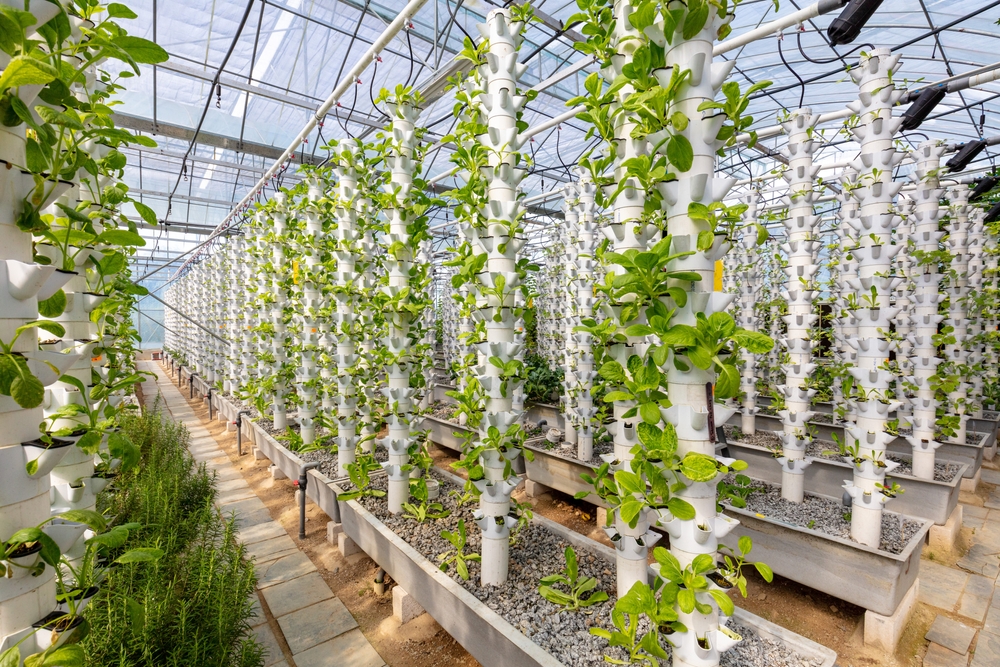
Some argue that organic farming is less efficient and cannot produce enough food to meet global demand. While organic farming typically yields less per acre compared to conventional farming, this doesn’t necessarily make it less efficient in the broader context. Organic farming practices often focus on sustainability, soil health, and biodiversity, which can lead to long-term benefits for agricultural ecosystems. Moreover, when factoring in the environmental costs of conventional farming, such as soil degradation and pesticide pollution, organic farming may actually be more efficient in sustaining the planet’s resources over time.
Organic Certification Is Always Trustworthy

Many consumers trust that organic certification guarantees the highest standards in farming and food production. While certification does involve rigorous standards and inspections, it is not infallible. The process can be expensive and time-consuming, leading some small farmers to forgo certification even though they follow organic practices. Additionally, there have been instances of fraud and mislabeling in the organic industry, where non-organic products were falsely labeled as organic. Consumers should research brands and certifications and consider buying directly from trusted farmers to ensure they are getting genuinely organic products.
All Organic Foods Are Locally Produced
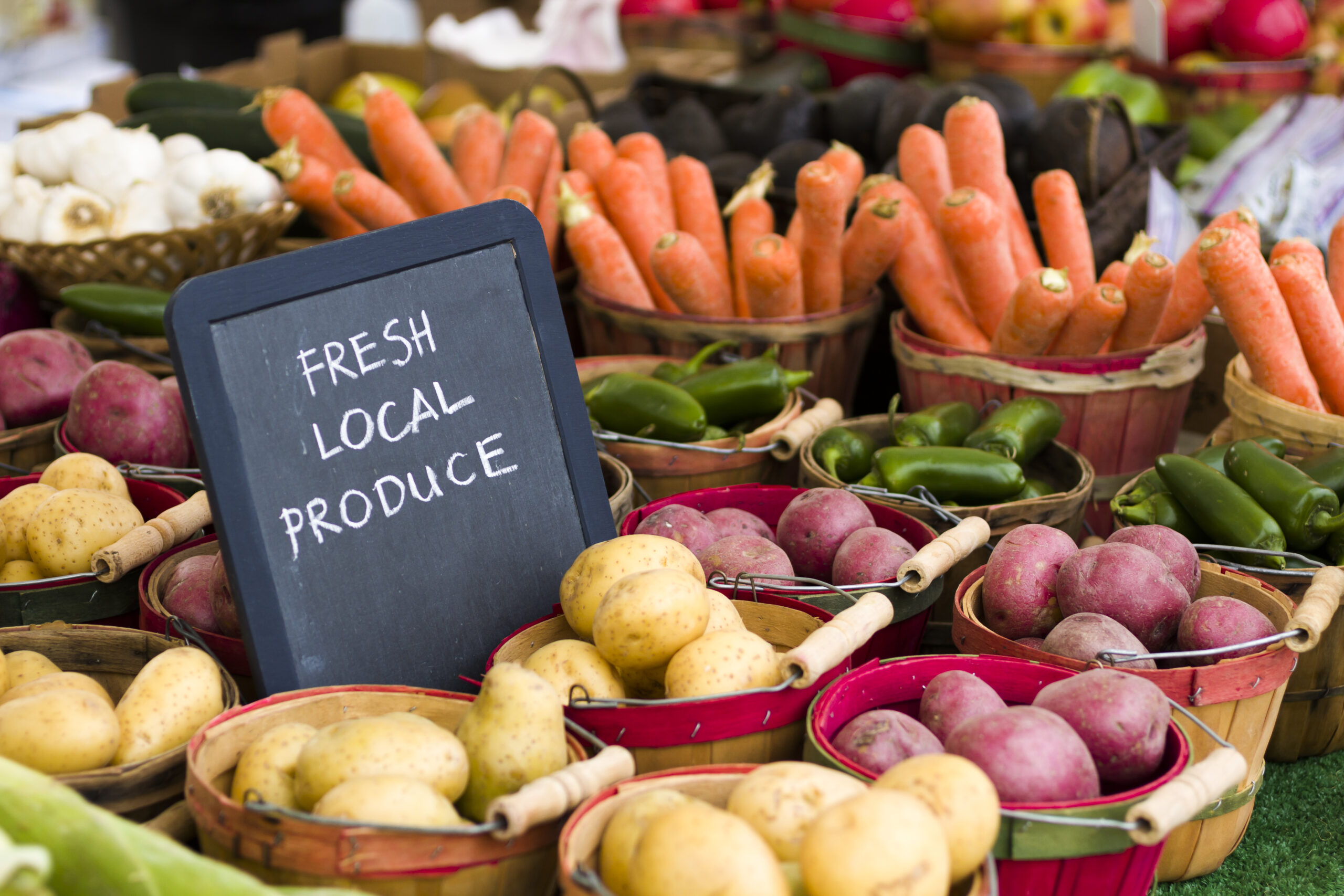
There is a common belief that organic foods are always locally sourced. However, organic foods can come from far-off regions and even different countries. The organic label pertains to the farming practices used, not the location of the farm. Many organic products are imported, and the carbon footprint associated with transporting these foods can be significant. To truly support local agriculture and reduce environmental impact, consumers should look for locally grown produce in addition to organic certification. This ensures that they are not only eating organic but also supporting their local economy and minimizing transportation-related emissions.
Organic Foods Are Hypoallergenic

Some people believe that organic foods are less likely to cause allergies because they’re grown without synthetic chemicals. However, food allergies are typically triggered by proteins in the food itself, not by the farming practices used. For instance, a person with a peanut allergy will react to organic peanuts just as they would to conventional peanuts. While organic farming might reduce exposure to certain additives or preservatives that could trigger sensitivities, it doesn’t change the allergenic properties of the food.
This article originally appeared on RetailShout.
More From RetailShout
10 Aldi Holiday Finds Perfect for Hosting and Gifting

The holiday season is here, and Aldi has outdone itself with a lineup of festive finds perfect for making your celebrations extra special. Whether you’re hosting family dinners, throwing a party, or looking for unique gifts, they’ve got something for everyone. Read More.
14 Best Fashion Finds at Sam’s Club for Great Prices

Sam’s Club is a hidden gem for budget-conscious shoppers who want trendy pieces without the hefty price tag. Whether you’re looking to update your wardrobe with seasonal essentials or invest in timeless fashion staples, Sam’s Club offers a wide range of options for both men and women. Read More.
16 Culinary Mishaps That Accidentally Led to Famous Recipes
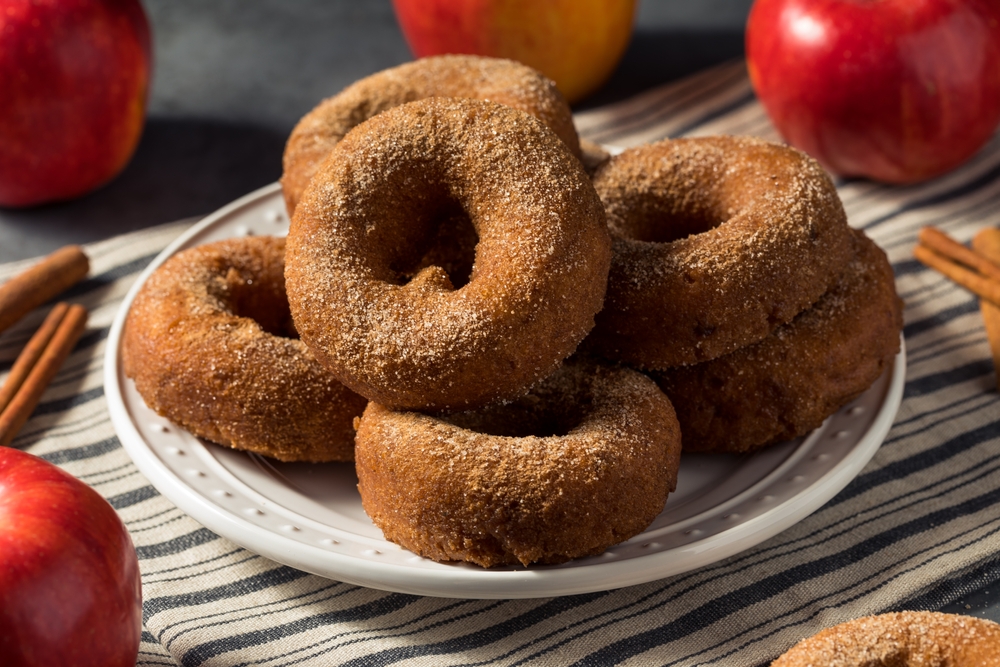
Sometimes, the best things happen when least expected, and the kitchen is no exception. Some of the most famous recipes we know today started off as pure accidents. Read More.

